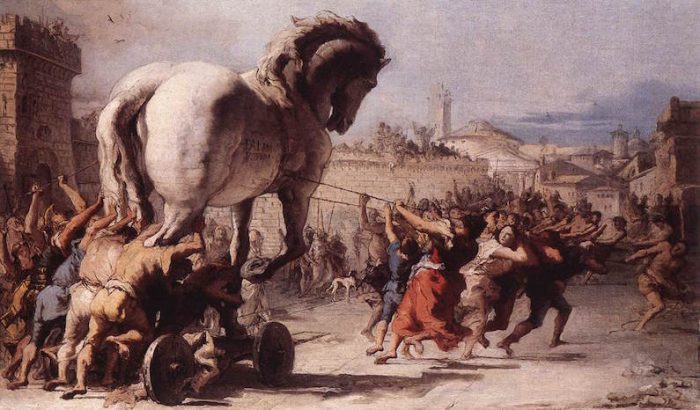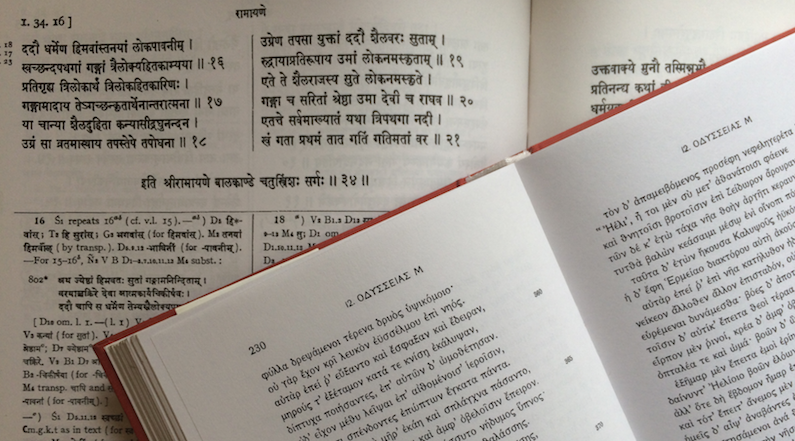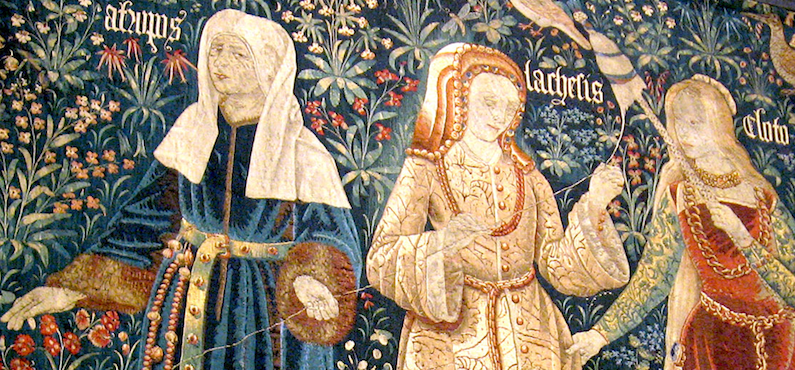
by Zabaan | Oct 12, 2015 | Ancient Greek, Classical languages, Literature
The Iliad is a Greek epic poem of 15,693 lines composed sometime during the first half of the 7th century BC on the shores of Asia Minor and the very first record of poetic activity in the west. And what a start it is! The work is named after Ilios, an alternative...

by Zabaan | Jul 31, 2015 | Ancient Greek, Classical languages, Sanskrit
Of all the Indo-European languages, ancient Greek and Sanskrit are undoubtedly the two which exhibit the clearest signs of originating from one common ancestral language. These signs were first observed in their shared basic lexicon containing, for example, identical...

by Zabaan | Jun 24, 2015 | Ancient Greek, Classical languages, Sanskrit
In an earlier article entitled Father sky in ancient Greek and Sanskrit the word designating the ancient Indo-European deity presiding over of the heavens has been discussed in connection with the very close correspondences between the declension of the word sky in...

by Zabaan | Jun 17, 2015 | Ancient Greek, Classical languages, Old Norse, Sanskrit
This article is intended as a follow-up to yesterday’s article entitled Sanskrit words for animals: haikus of first impressions. Its subject is a device employed in traditional Germanic verse, such as the poetry produced by the Anglo-Saxons or of their...

by Zabaan | Jun 12, 2015 | Ancient Greek, Classical languages, Etymology, Learning and Teaching, Sanskrit
We all know that the plural of foot is not *foots but feet. This is, by the large majority of English teachers and speakers alike, dismissed as an irregular feature shared by a bunch of other equally irregular nouns, but the formation of the plural of foot actually...

by Zabaan | Jun 11, 2015 | Ancient Greek, Classical languages, Greek Mythology, Literature, Norse Mythology, Old English, Old Norse
According to Greek mythology the fate of each and every individual is determined by the cool and steady hand of three sisters, collectively known as the Μοῖραι (moirai). Their name is derived from the verb μείρομαι (mēromai), to receive as one’s lot. Each on her...







